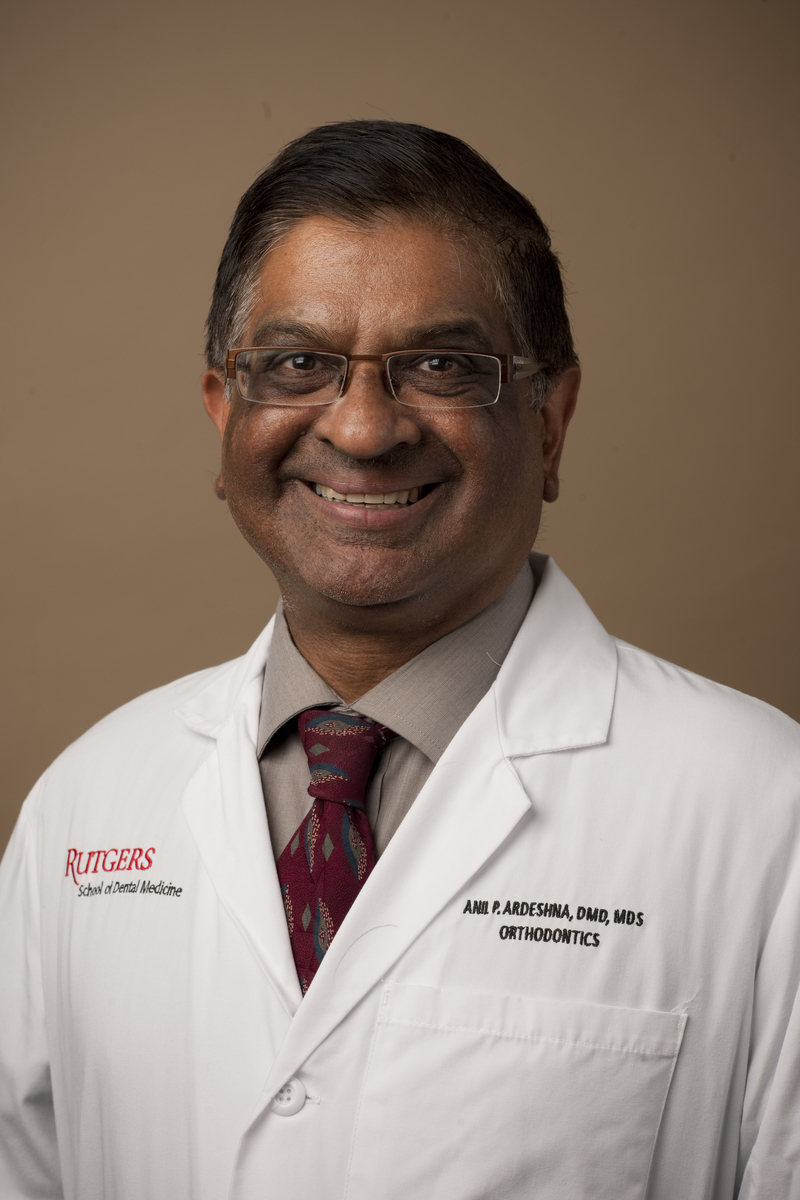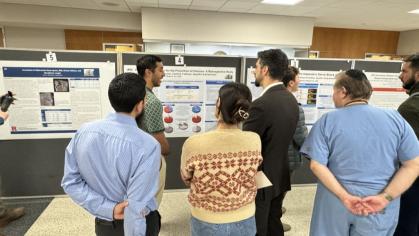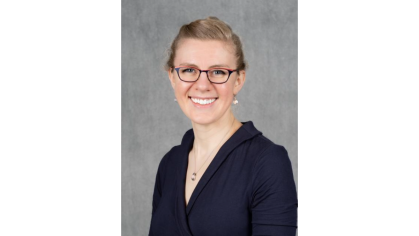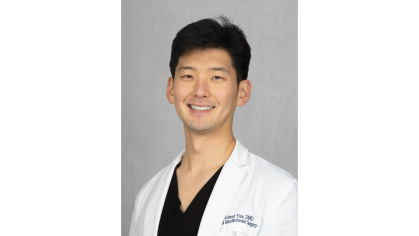Anil Ardeshna Receives 2022 Align Research Award
Rutgers School of Dental Medicine Associate Professor and Postgraduate Program Director of Orthodontics Anil Ardeshna has received a 2022 Align Research Award
 Associate Professor and Postgraduate Program Director of Orthodontics Anil Ardeshna
Associate Professor and Postgraduate Program Director of Orthodontics Anil Ardeshna
given by Align Technology, Inc. He is one of 10 researchers chosen from across the world, including scholars from China, Italy, and Turkey.
“The range of topics submitted to the program is expanding as doctors approach the application of digital technology to dentistry and orthodontics from many different angles,” said John Morton, Align vice president, technical fellow, in the company’s press release. He added that applications are evaluated by an independent committee of experts and professors, which makes the process highly competitive.
With the $25,000 grant, Ardeshna, in collaboration with Assistant Professor at the Department of Oral Biology Kabilan Velliyagounder, will conduct a clinical study on biofilm development in two Align products: Invisalign aligners and Vivera retainers. The biofilm is comprised of various microorganisms and plays a critical role in maintaining oral health.
“The biofilm has about 700 bacterial species, and some of them are not beneficial,” he explained. Brushing may disrupt and change the makeup of the biofilm and reduce risk of caries or gum disease. But that’s a challenge with fixed braces.
“Typically, with fixed braces, the incidence of cavities and gum disease is pretty high, especially for patients who are poor brushers and non-compliant,” said Ardeshna, who previously examined biofilms on orthodontic ties, wires, and brackets of traditional braces with Velliyagounder.
They wondered, was this the case for clear aligners and retainers which gained popularity in orthodontic treatment all around the globe?
Patients feel that keeping these products clean and brushing them easier, he noted. "A better understanding of the relation between the product composition and the makeup of the biofilm present in the oral environment," he said, "may lead to future discoveries and improvement in the overall health of orthodontic patients."



